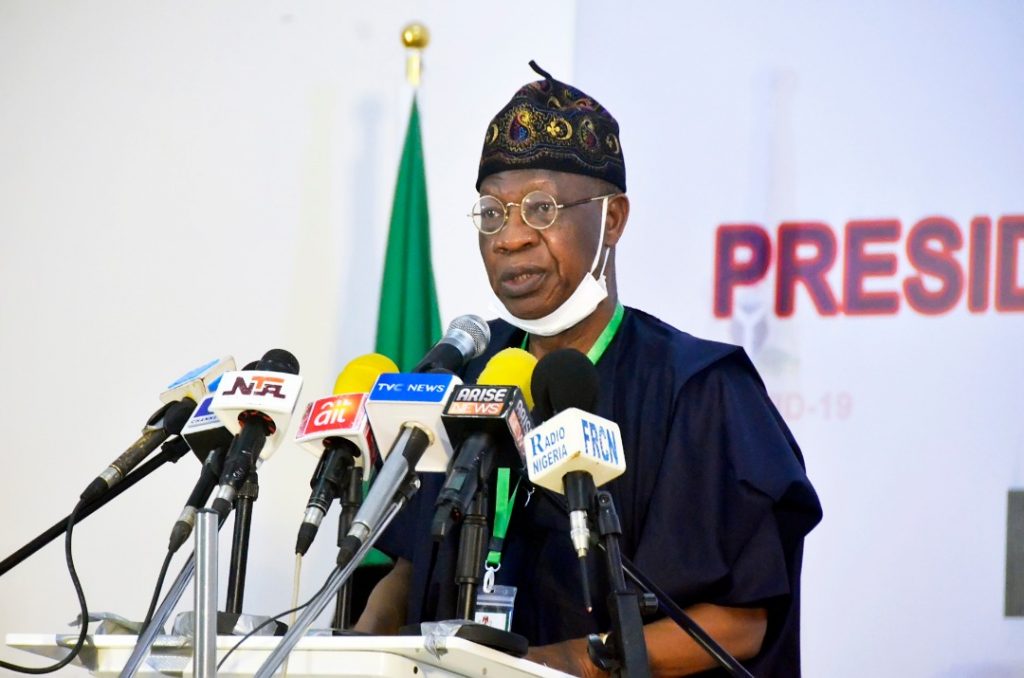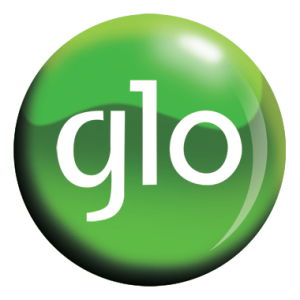How Lai Mohammed smuggled hate speech, social media bills into NBC Code

The inclusion of hate speech provision in the recently unveiled broadcast regulatory framework was the sole decision of Alhaji Lai Mohammed, Minister of Information and Culture, chronicle.ng has learnt.
Insiders at the Information Ministry and the National Broadcasting Commission (NBC), the industry regulator, disclosed that the minister deployed all the muscle of his office to ensure that the broadcast code contains a hefty punishment for default.
The controversial code, presented to the public by the minister in Lagos on Monday, prescribes a fine of N5million for those who fall foul of the regulation.
NBC and Information Ministry insiders said Mohammed was distraught at the public criticism that greeted the proposed National Commission for the Prohibition of Hate Speech Bill sponsored by the Deputy Chief Whip of the Senate, Aliyu Abdullahi; and the Protection from Internet Falsehood and Manipulation and other Related Offences Bill.
A top source disclosed that Mohammed was shaken by the public disapproval of the bills, as he was banking on them to curtail criticism of the government as well as that of his mentor, Asiwaju Bola Ahmed Tinubu, who is said to be warming up for the next presidential race.
The source added Mohammed knew that the NBC Board would have opposed his move to include the hate speech provision in the code, as the parameters are undefined, so he froze out the Board from the process leading to the drafting of the code.
NBC Code: Lai Mohammed must leave regulators to do their job – Tony Iredia
“The Board knew nothing about what went into the code. Not even every members of the NBC top management knew what the game was. Remember that the Board published a notice asking for input from industry players and had promised to look at complaints when the amended code was first made public. But the management issued another notice, asking the public to disregard the Board. That notice was signed by the DG on the instruction of the minister,” said the source.
He, however, blamed the Board for lack of vigilance and spine required to confront the minister who, he said, views NBC acting Director-General, Armstrong Idachaba, as no more than a mannequin.
“The acting DG does whatever the minister says. The suspended DG, Ishaq Modibbo-Kawu, could challenge the minister. But the minister got him out via a corruption allegation involving the two them. The minister approved the illegal payment made by the suspended DG, so they are both culpable,” said the source.
He explained that signs Mohammed was keen on stifling criticism were boldly exhibited when, in February, he denied in an interview with DW, the German broadcaster, that the National Assembly was considering a bill to regulate the activities of Nigerians on social media.
“The minister told DW that the controversial “Protection from Internet Falsehood and Manipulations Bill’ was not before the National Assembly. Remember that he was asked four times and he denied. The bill he was denying its existence was sponsored by Mohammed Musa, the senator representing Niger East Senatorial District,” said the source.
The bill, which seeks criminalize the use of the social media in peddling false or malicious information, provoked widespread criticism, especially for proposing a N500,000 fine and three-year jail term for defaulters.
Prior to the introduction of the bill, said another source, the federal government, through the Information Minister, had vowed to crack down on fake news and hate speech in the social media space.
“The minister said the government was aiming at ensuring rationality in the social media space to tackle fake news and hate speech spreading without restriction,” she said.
She also recalled that in November, the minister told a body of online publishers that no amount of public criticism would stop the government from regulating social media activities.
With the bill not making progress at the National Assembly, Mohammed moved to use the NBC Code as his weapon against free speech.
One of the first to come out against the code after its launch was Professor Tony Iredia, a former Director-General of the Nigerian Television Authority, who, on Channels Television’s Sunrise Daily, expressed his disgust with the Information Minister.
Iredia told Channels TV that the issue of fake news and hate speech were subjective and controversial matters, as criticism could easily be described as hate speech. This, he said, makes the broadcast code easily abusable.
“Now take the issue of fake news that has been overplayed in the last couple of weeks. We were all in this country a few days ago when a minister told the nation that contracts in the NDDC were being grabbed by legislators. The legislators now challenged him to bring a list. The next thing the minister said was that he didn’t say so.
“We heard him say so, and we heard him say he didn’t say so. Now between the time he said so and the time he said he didn’t say so, broadcasters had gone ahead to broadcast it which is now fake news. Who is guilty now? Is it the media, the minister, or the politics of broadcasting?
“The point I’m trying to make is fake news, hate speech are very subjective terminologies and one has to be very careful because some will take criticism as hate speech but criticism is not hate speech,” he said.
Iredia, who also once headed the National Orientation Agency (NOA), also accused the NBC of excluding industry stakeholders while the code was being reviewed. He explained that he was a consultant to the Broadcasting Organisations of Nigeria (BON) when the code was reviewed and that broadcasters were not consulted as it is the norm in regulation making.
“Now, the problem is that for the first time in the history of broadcasting in this country, the code was not done the way it used to be done. This time around, the NBC just rolled out a number of things that it felt should be in the code and did not hold consultations with the stakeholders like the previous managers of the system did,” Iredia said with barely disguised disgust.
He also accused the minister of denying the NBC autonomy, saying he speaks for the commission despite it having a DG, albeit in acting capacity.






